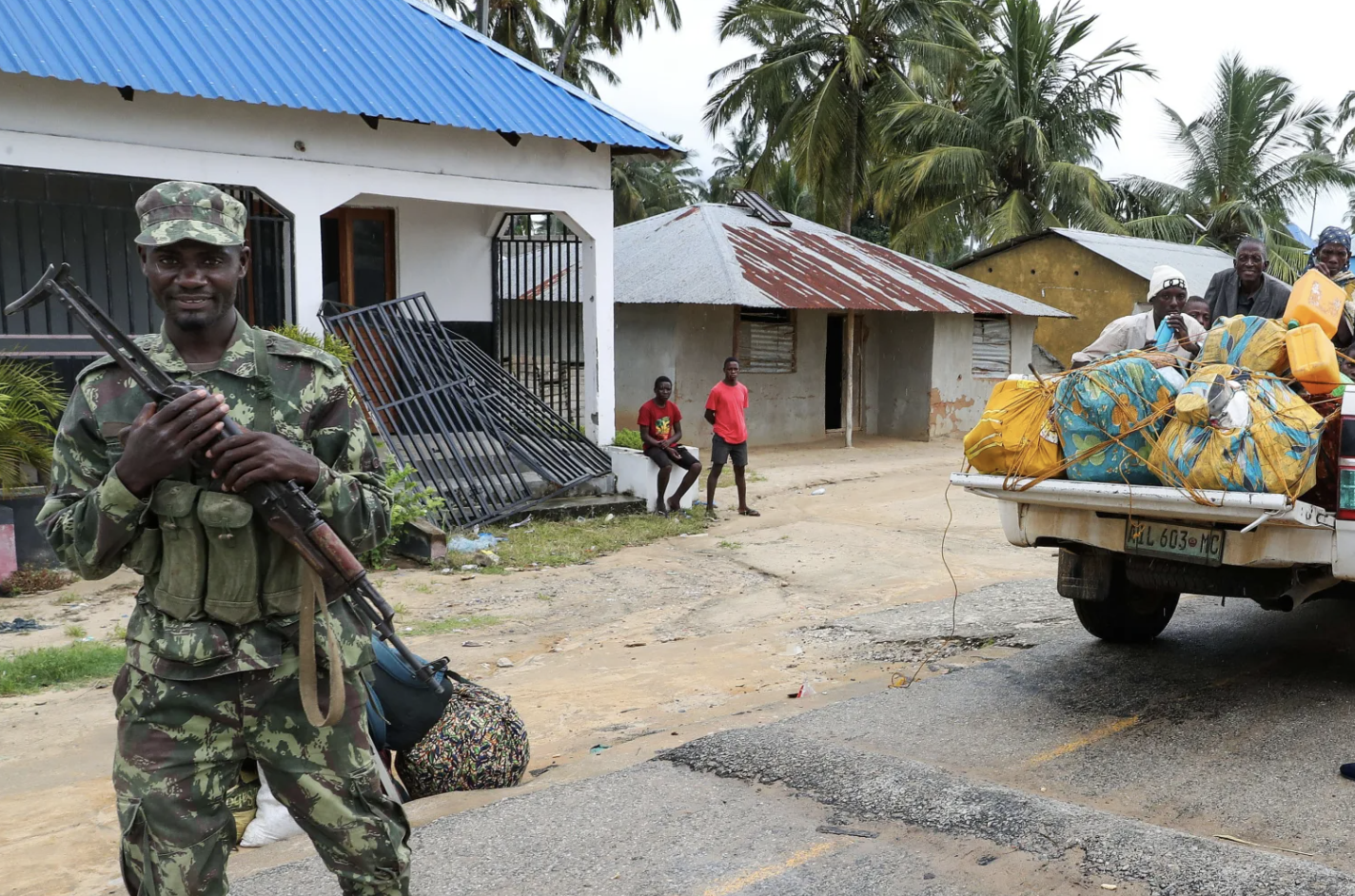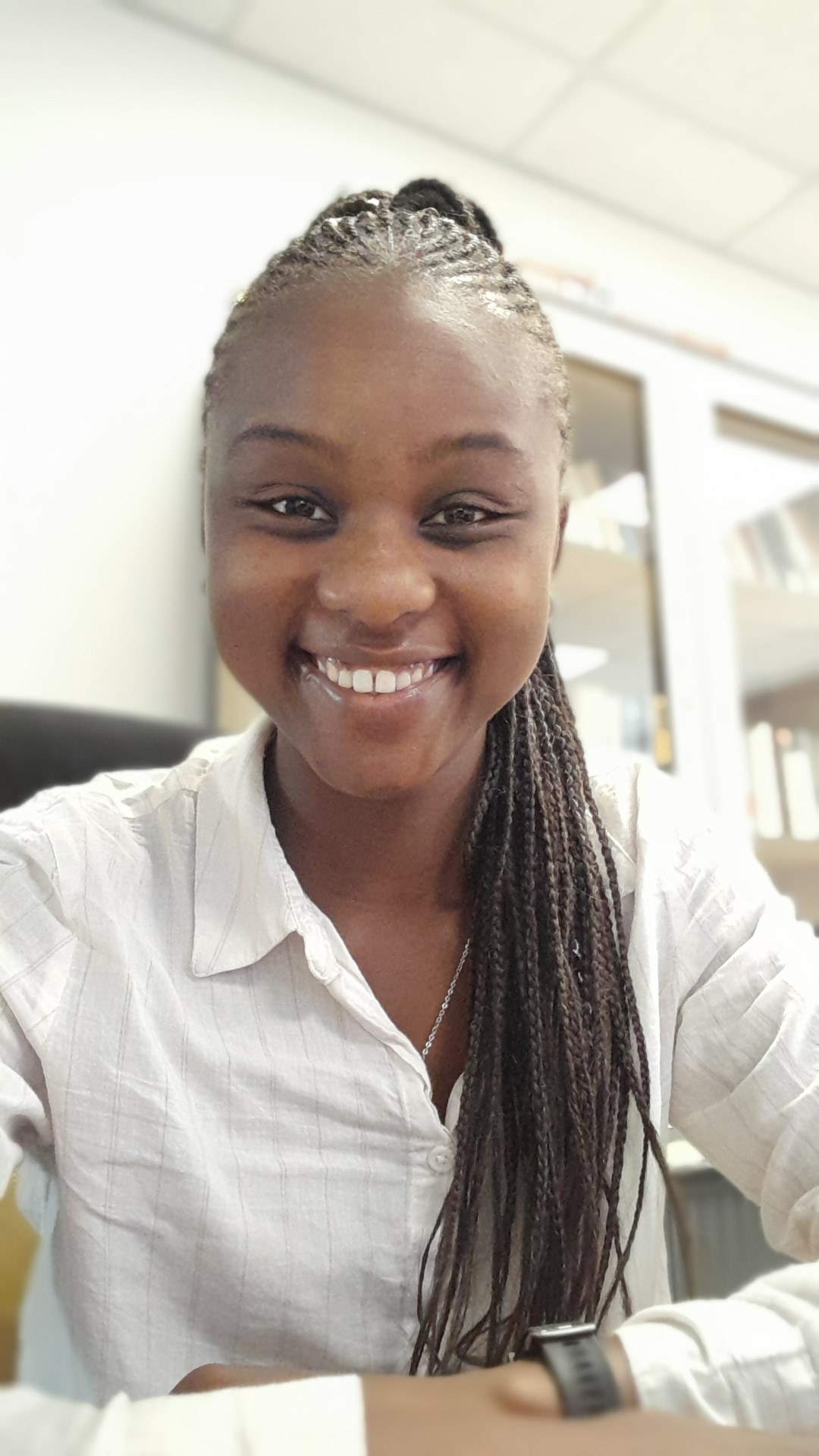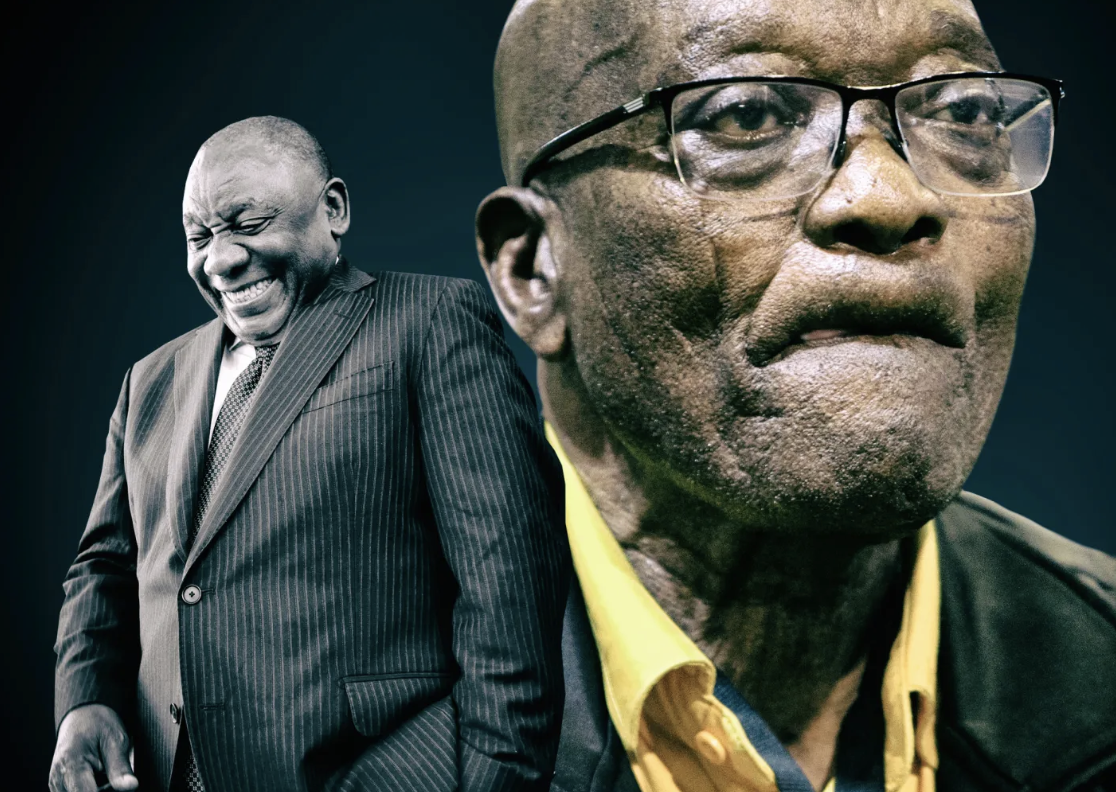News
It’s Time the ‘Free World’ Focused on Africa’s Forgotten Conflicts
Global conflicts are providing authoritarian leaders and their admirers with the perfect cover to roll back progress towards democratic governance, processes and institutions.

In the past, responsible members of the international community have modelled an image and practice of good governance, respect for human rights and democracy. They have taken a firm stance on these issues, particularly when dealing with authoritarian leaders and their admirers.
This has in many cases restrained authoritarians, populists and militaristic governments from completely disregarding pressure to reform in return for funding and favourable agreements.
This stance has given hope to many citizens who are fighting to have a substantive and meaningful vote.
But today, the countries and institutions that were once beacons of hope are now confronting dilemmas that are weakening their role as international models for best practices and good governance.
Russia-Ukraine conflict
Take, for instance, the Russia and Ukraine conflict compared to other conflicts across the globe.
When Russia invaded Ukraine in 2022, democratic countries – with some notable exceptions – provided a robust and targeted response which included public denunciations of the invasion, the war crimes associated with the invasion and Russia’s manipulation of West African states through the Wagner military group.
The International Criminal Court committed to a swift investigation going as far as the 2013 Maidan protests, and as a result of the investigation, the ICC issued an arrest warrant for Russian leader Vladimir Putin.
But the democratic-leaning side of the international community was largely mute on the egregious conflicts in Ethiopia, Myanmar and Democratic Republic of the Congo where state-led abuses and human rights violations are being perpetrated, and where unchecked militaries and paramilitaries are running amok.
Why is this the case?
Perhaps it is because these conflicts are complicated and protracted, while “simpler” conflicts are easier to sell to domestic audiences. This is a pity as these conflicts require intervention by the global community as they claim hundreds of thousands of lives in Africa and elsewhere.
SADC failure
Closer to home, the discord between standards and practice remains the modus operandi among regional bodies like SADC and strong countries like South Africa.
Recently, South Africa launched a partially successful application to the International Court of Justice (ICJ) regarding the Israel/Palestine conflict. South Africa argued that Israel’s bombing and siege of Gaza directly contravened the United Nations Genocide Convention.
The ICJ responded by ordering Israel to take all measures necessary to prevent acts of genocide against Palestinians in Gaza.
The court did not rule that Israel should cease its war against Hamas and it called on that organisation to release Israeli hostages.
While South Africa has basked in the accolades that flowed from certain quarters following the ruling, it has been strangely silent on issues closer to home.
For instance, in 2023, Zimbabwe held a shambolic election marred by multiple violations of human rights, a widespread post-election government crackdown on opposition leaders, and a complete disregard for the citizens who decided to vote.
The election was criticised by several observer missions, including one from SADC. However, the SADC troika failed to support its observer mission’s condemnation of the manner in which the poll was conducted.
Additionally, South Africa’s president Cyril Ramaphosa attended President Emmerson Mnangagwa’s inauguration and congratulated him on his “re-election”.
How SA enables abuses
South Africa is just one example of a member country that functions within a regional body whose silences on gross human rights violations in the region enable individual SADC countries to turn a blind eye to what is happening in their backyard.
For example, since 2021, Mozambique’s Cabo Delgado region has suffered violent conflict at the hands of Al-Shabaab-linked insurgents as well as the Mozambican defence forces.
Although several countries have tried to help end the conflict by providing armed forces to support the Mozambican military, the regional body has dragged its feet on publishing findings of an investigation into the human rights violations committed by soldiers deployed to protect civilians in Cabo Delgado.
At the Luanda Summit in 2023, SADC countries continued to remain mute on the abuses by their troops or to provide plans to address these abuses.
With these double standards and failures in the protection of human rights and democratic institutions, there are fewer and fewer reasons why authoritarians should feel the pressure to reform.
Perfect excuse
Double standards are not uncommon in the international community.
However, in recent years, the critical problem with double standards in such huge conflicts and demonstrations of human rights abuses is that they give militarised and authoritarian regimes the perfect excuse to freely hold their citizens hostage.
These repressive regimes are less inclined to negotiate and to reform when confronted by diplomatic and financial pressures from the international community, as was seen by the responses of coup leaders in West Africa.
This is particularly worrying in Africa as it faces a year in which many civilians will be fighting for their right to vote in free and fair elections.
Already, the ramifications of these flagrant double standards are showing.
Mali – following a coup – has postponed its presidential elections, as has Senegal. Fragile democracies like those in Somaliland and Tunisia are confronting massive crackdowns on activists and opposition party leaders and face the risk of stolen elections.
What we are witnessing is a scenario where the state of affairs in the international community is providing the perfect enabling conditions for authoritarians, populists and fascists to survive and thrive.
It is a scary world we are walking towards and only a sober-minded approach to global conflicts will restore the international community’s moral high ground and its utility as a supporting force for citizens fighting for their right to vote.
We are where we are right now because of people and leaders who have not respected the hard-won global peace.
We can be where we want to be with people and leaders who do not tolerate the high cost of conflict in the lives of those who continue to fight for their right to have a vote that makes a difference.
This article originally appeared on the Daily Maverick



